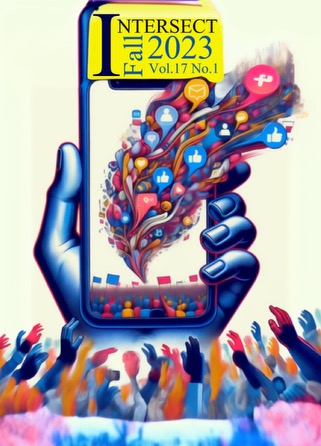Virtual Reality and Rehabilitation for Justice-Involved Populations
Abstract
In this paper our goal is to examine the history of mass incarceration in the United States and explore Virtual Reality (VR)-based treatments that can address the high rates of drug abuse and mental health disorders within the justice-involved population. In pursuit of a solution to this health crisis, this paper will explore the state of mass incarceration in the U.S. and recent developments in scientific literature surrounding the therapy-based benefits of VR. VR-based exposure therapy, in particular, is proven to be effective in treating patients struggling with trauma and addiction. As alternatives to incarceration become more widely discussed by the general public and more seriously considered by policymakers, these advances in technology may bolster arguments for new, restorative forms of justice. Our goal in examining recent findings in VR in conjunction with the criminal justice system is to demonstrate how to incorporate VR-based therapy in existing rehabilitation programs. These findings also demonstrate how pertinent justice-involved people are to the topic of VR-based therapy due to the population’s high rates of substance abuse disorders and mental illnesses—conditions that often occur at the same time. Finally, this paper will emphasize that VR therapy should only enhance treatment services rather than act as their replacement, and marginalized groups’ privacy and consent must remain protected.
Downloads
Published
Issue
Section
License
Copyright (c) 2024 Intersect: The Stanford Journal of Science, Technology, and Society

This work is licensed under a Creative Commons Attribution-NonCommercial-NoDerivatives 4.0 International License.
Authors who publish with this journal agree to the following terms:- Authors retain copyright and grant the journal right of first publication with the work simultaneously licensed under a Creative Commons Attribution License that allows others to share the work with an acknowledgement of the work's authorship and initial publication in this journal.
- Authors are able to enter into separate, additional contractual arrangements for the non-exclusive distribution of the journal's published version of the work (e.g., post it to an institutional repository or publish it in a book), with an acknowledgement of its initial publication in this journal.
- Authors are permitted and encouraged to post their work online (e.g., in institutional repositories or on their website) prior to and during the submission process, as it can lead to productive exchanges, as well as earlier and greater citation of published work (See The Effect of Open Access).

